Concerns regarding prolonged charging durations, infrastructure availability, and the safety of battery technology persist, deterring potential buyers, reveals a Deloitte study.
According to Deloitte’s 2024 Global Automotive Consumer Study, a greater number of car buyers plan to opt for hybrid vehicles rather than electric vehicles (EVs) for their next purchase, despite the higher cost associated with hybrids. The study identifies factors like charging time, availability of charging infrastructure, and concerns about battery technology safety as key barriers hindering the wider adoption of battery electric vehicles.
The research indicates that 36% of respondents surveyed in 2024 express a preference for hybrids or plug-in hybrid electric vehicles (PHEVs), compared to 32% in 2023. In contrast, only 10% of respondents show interest in purchasing BEVs. Additionally, there is a growing inclination towards non-traditional engine vehicles, with 53% of respondents in 2024, compared to 49% in 2023, opting for hybrids over petrol and diesel cars.
Despite the higher price tag of hybrids compared to EVs, there is a notable preference for hybrids due to perceived advantages. “People prefer hybrids over EVs as they offer a sense of security that EVs currently lack,” explains Rajeev Singh, Partner and Consumer Industry Leader at Deloitte Asia Pacific.
PHEVs utilize batteries to power an electric motor and a conventional fuel like petrol or diesel to drive an internal combustion engine (ICE). These vehicles can be charged using a wall outlet, charging equipment, or by the ICE, and through regenerative braking.
“In a market like India, where charging infrastructure is still developing, the government should consider incentivizing PHEVs, which offer similar benefits to EVs—they can be charged at home and have the option to switch to ICE mode if the battery runs out,” Singh suggests.
The study also reveals that those considering purchasing an EV are unwilling to pay significantly more than they would for an ICE vehicle. Only 2% of respondents intending to buy an EV are willing to pay a substantial premium, whereas 27% of those planning to purchase ICE vehicles are willing to spend between Rs15-25 lakh.
“In India, while buyers express interest in eco-friendly technology, they are reluctant to pay a premium when it comes to making a purchase,” Singh notes. Therefore, subsidies play a crucial role in bridging this gap. Singh highlights the importance of maintaining incentives for EV manufacturers in India until EV penetration reaches 20%.


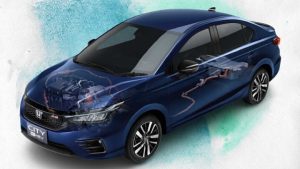

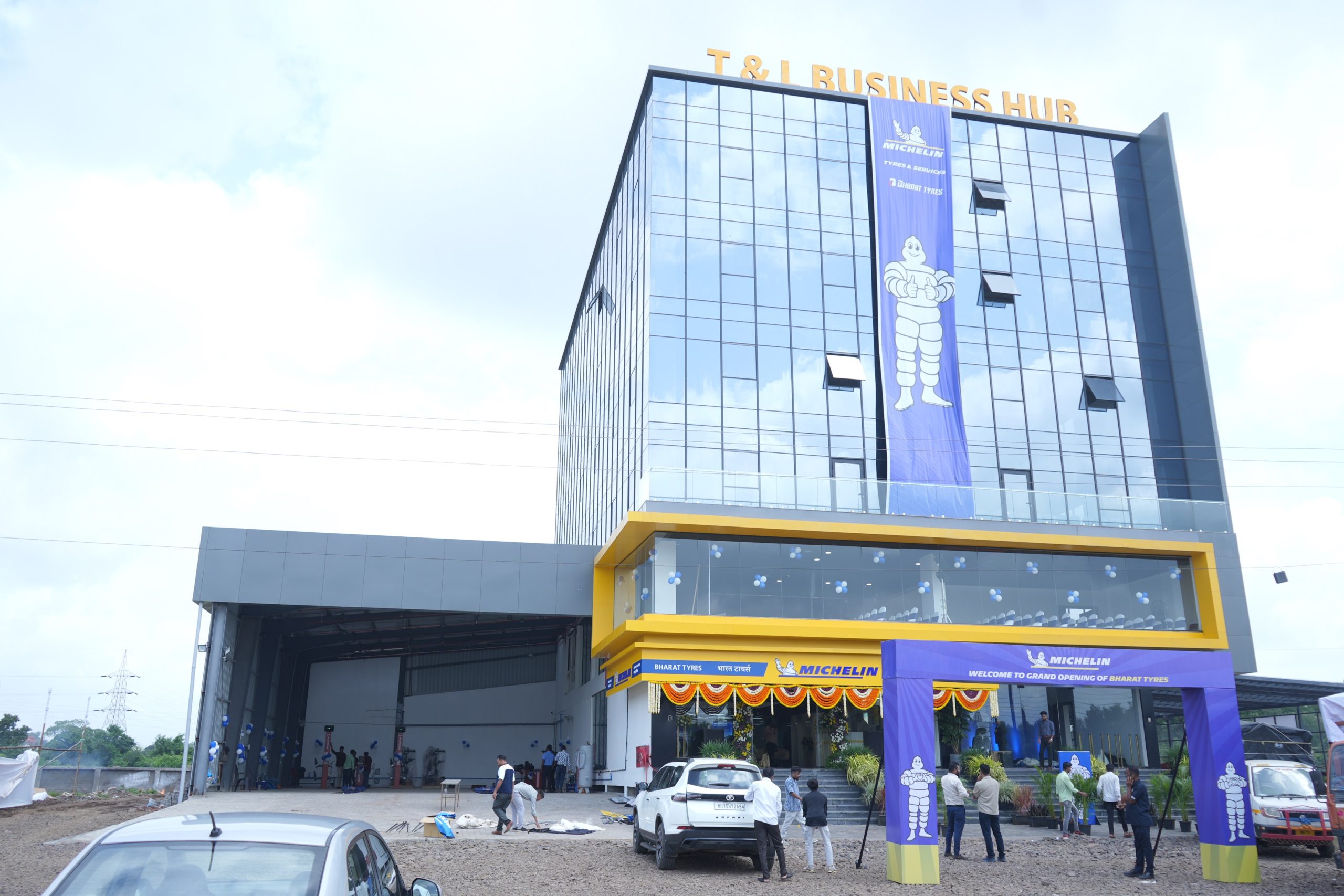

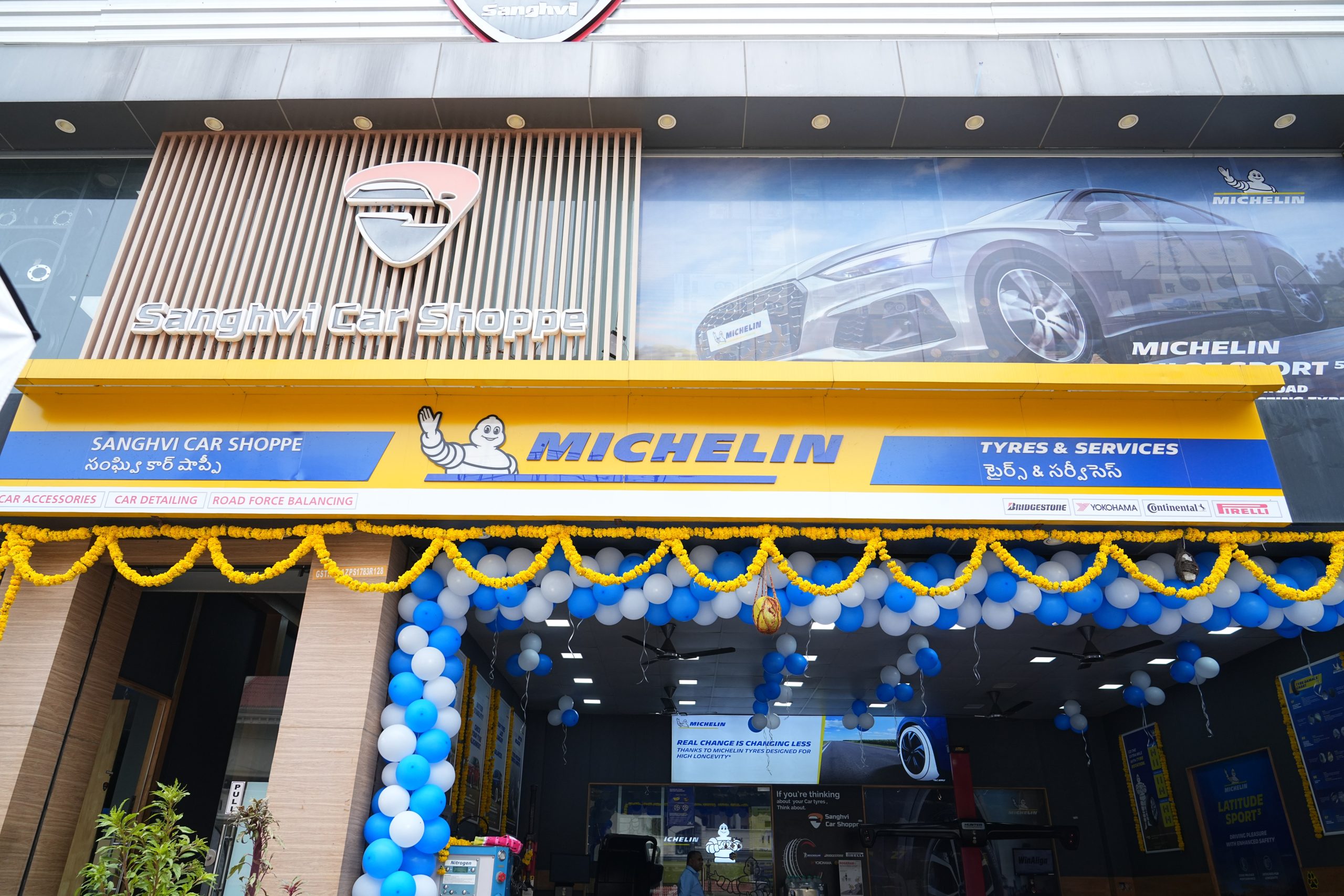

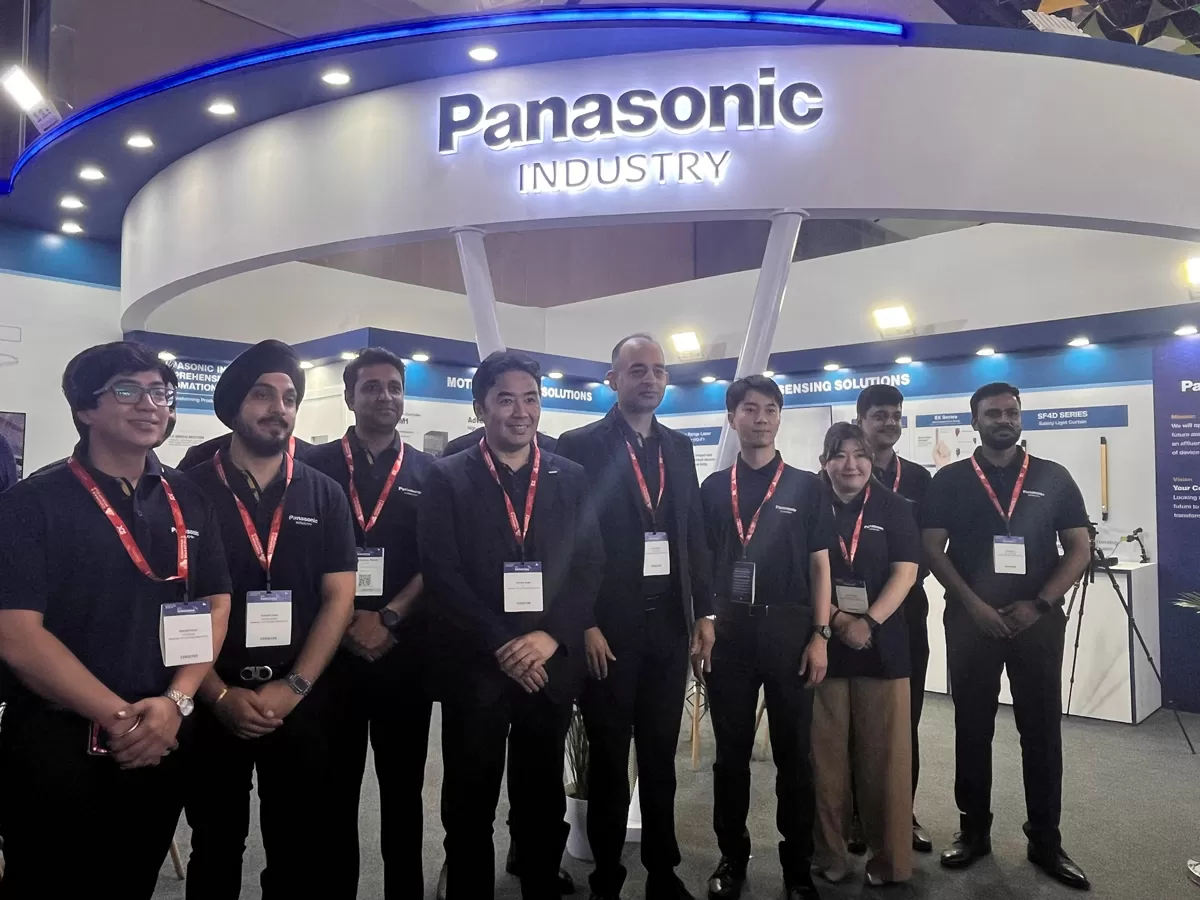
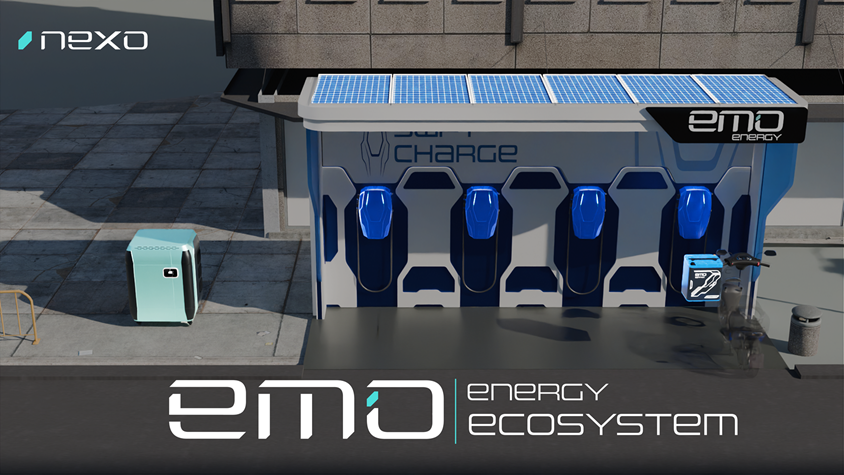
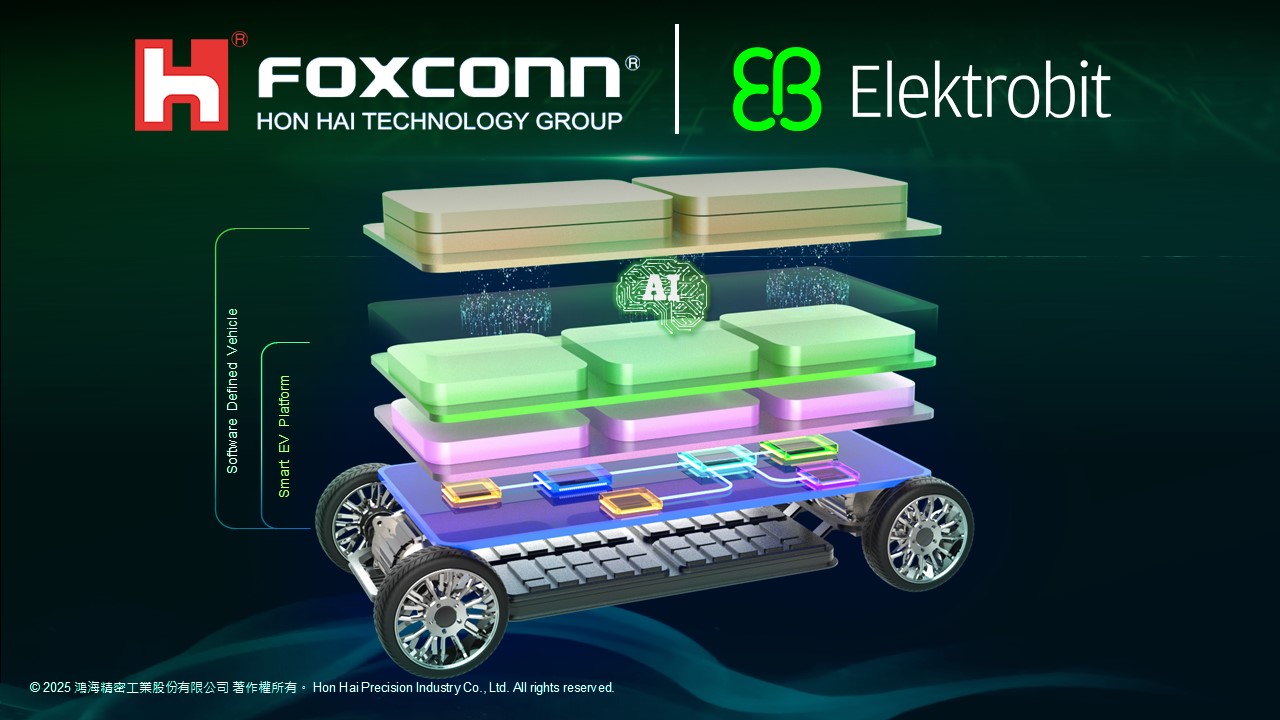
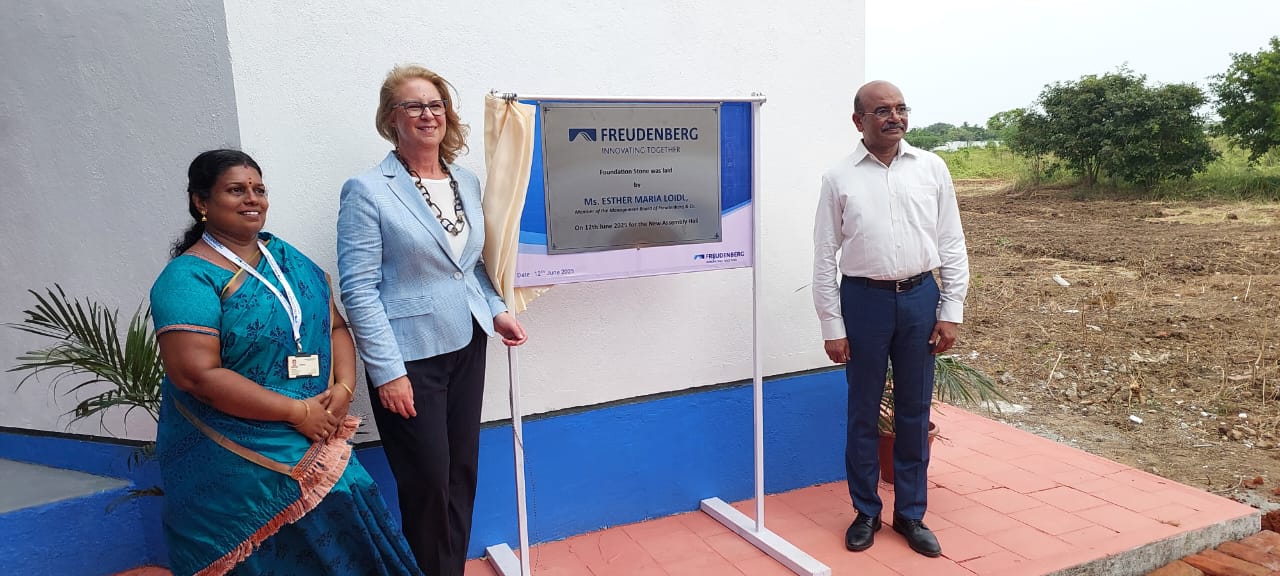
Leave a Reply